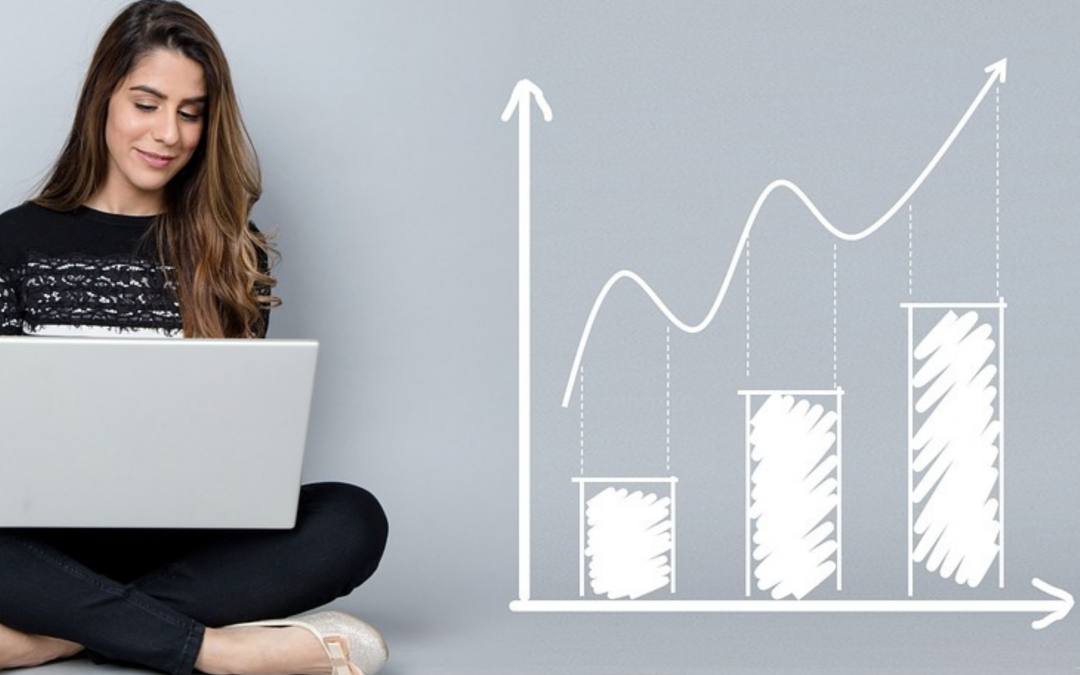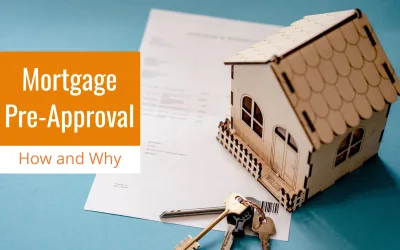Buying a home is a significant financial decision that requires careful consideration and planning. One of the most crucial factors to consider is determining what mortgage you can afford. Getting a mortgage that suits your financial situation is vital to ensure your home buying journey is smooth and sustainable. In this article, we will explore various aspects that can help you determine the mortgage you can afford.
Understanding Your Financial Situation:
Before diving into mortgage discussions, it is essential to have a clear understanding of your financial situation. Assess your income, expenses, and any outstanding debts. Analyze your monthly budget to determine how much you can allocate towards your mortgage payments. Consider factors such as taxes, insurance, utilities, and ongoing maintenance costs when determining your budget.
Calculating Your Debt-to-Income Ratio:
One of the key metrics lenders consider when assessing your mortgage affordability is your debt-to-income ratio (DTI). The DTI ratio compares your monthly debt payments to your gross monthly income. It helps lenders determine if you have sufficient income to cover monthly mortgage payments. Most lenders recommend keeping your DTI ratio below 36% to qualify for a mortgage.
Down Payment:
When considering what mortgage you can afford, you must factor in the down payment. The down payment is a percentage of the home’s purchase price that you pay upfront. There is still a persistant believe that 20% down is the norm, or even required. Putting 20% down on a conventional loan will remove the requirement for mortgage insurance, but this isn’t always the best solution for borrowers. Depending on the loan program, the down payment requirement is a little as nothing down.
Interest Rates and Mortgage Terms:
Another crucial aspect to consider is the interest rates and terms offered by lenders. Interest rates heavily influence your monthly mortgage payments. Higher rates mean higher monthly payments, while lower rates reduce your monthly burden. Additionally, mortgage terms determine the length of time you have to repay the loan. Common terms include 15-year and 30-year mortgages, each with its pros and cons. Understanding the impact of interest rates and different mortgage terms will help you determine the most affordable option for you.
Pre-approval and Affordability Assessment:
To get a clearer picture of what mortgage you can afford, it is wise to get pre-approved by a trusted broker. Pre-approval involves sharing your financial information with a loan professional who evaluates your creditworthiness and establishes the loan amount for which you qualify. This process helps you determine an accurate budget and understand your borrowing capacity. It is important to note that pre-approval is not a guarantee of a mortgage; actual approval will occur once you find a home and submit all necessary documentation.
Additional Costs:
When contemplating what mortgage you can afford, it is crucial to consider additional costs associated with homeownership. These costs include property taxes, homeowner’s insurance, and potential homeowners association fees. Property taxes vary based on the home’s assessed value and the rates in your area. Homeowner’s insurance protects your investment and is typically a requirement from lenders. Determine these costs to ensure your budget can accommodate them along with your mortgage payments.
Affordability Tools and Resources:
Various online calculators and tools are available to help you determine what mortgage you can afford. These resources consider factors such as income, monthly payments, down payment, and interest rates to provide you with an estimated affordable mortgage range. Utilizing these tools can assist in your home-buying decisions, helping you find a mortgage that best fits your financial circumstances. For the best comparison ask Capital City Mortgage for a Total Cost Analysis.
Conclusion:
Determining what mortgage you can afford is a crucial step in the home-buying process. Understanding your financial situation, calculating your debt-to-income ratio, evaluating down payment options, and considering interest rates and mortgage terms are essential elements in this process. Additionally, obtaining pre-approval from a lender and factoring in additional homeownership costs will provide a comprehensive understanding of your mortgage affordability. By carefully assessing these factors and utilizing affordability tools, you can confidently embark on your home-buying journey and find a mortgage that aligns with your financial goals and capabilities.
What is a Mortgage Pre-Approval, and How Does it Work?
If you're in the market to buy a home, you've likely heard the term "mortgage pre-approval" thrown around. But what exactly does it mean, and how does it work? In this comprehensive guide, we'll break down everything you need to know about mortgage pre-approval, from...
What are the different types of mortgages in Nebraska?
Nebraska, with its amazing small towns and vibrant communities, serves as a desirable destination for many people looking to settle down and buy a home. However, navigating through the intricate world of mortgages can often feel overwhelming. With various types of...
What is an escrow account in a mortgage?
Purchasing a home is a significant financial decision, and most homeowners rely on a mortgage to fulfill their dream. However, the mortgage process can be complex, filled with unfamiliar terms and concepts. One such term is an escrow account. If you are a first-time...




